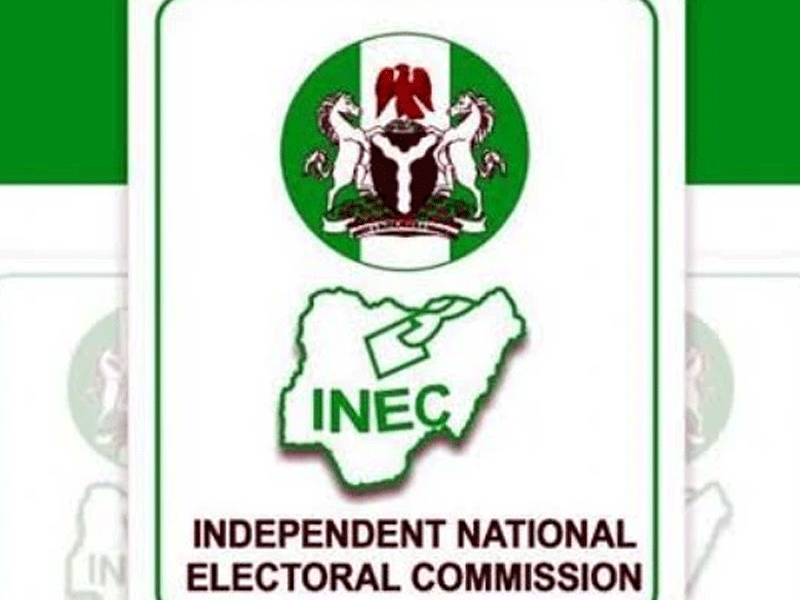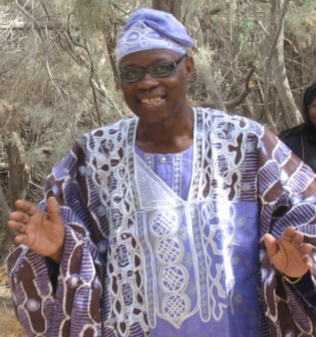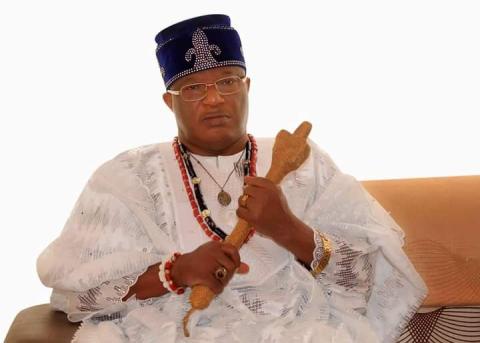
Breaking News: Unilorin Alumi Association: 'We were warned' - Opinion
Breaking News: Breaking: Court Restrains Oyo Assembly from Further Impeachment Process Against Makinde’s Deputy, Olaniyan
Breaking News: Labour leaders physically assault Ogun journalists for covering strike, harass hospital workers
Breaking News: Congratulations Asiwaju – Osinbajo’s spokesperson accepts defeat
Breaking News: Finalissima: Messi steals show, beats European Champion, Italy
The state filed a “notice of discontinuance” on October 24 (Thursday), just two days after the Supreme Court heard the case and adjourned for judgement.
In the notice of discontinuance, Benue State’s attorney general, Fidelis Mynin, stated, “Take notice that the Attorney General of Benue State, who is the 8th plaintiff, hereby discontinues this suit against the Attorney General of the Federation.”
However, it remains uncertain whether the Supreme Court will consider the state’s withdrawal, given that the hearing has already concluded and judgement is pending.
The implications of the state’s decision on the overall case are also unclear.
Should the withdrawal be accepted, the number of plaintiffs in the case will decrease from 19 state governments, each represented by their respective attorneys-general, to 18.
Governor Hyacinth Alia had suspended the Attorney General for joining the suit without his approval
The Supreme Court heard the submissions of parties and reserved judgement on the suit on Tuesday, when three other states—Anambra, Adamawa, and Ebonyi—also announced their withdrawals from the case.
Anambra State’s attorney general, Sylvia Ifemeje, cited a 20 October motion for withdrawal in her announcement, while Ebonyi’s attorney general, Ikenna Nwidagu, requested the removal of his state’s name through a 21 October filing.
Governor Alia’s spokesperson, Kula Tersoo, confirmed the attorney-general’s suspension in a statement on Wednesday. “It’s true, His Excellency today suspended the State Attorney General and Commissioner for Justice and Public Order for joining the suit challenging the legality of EFCC without informing the governor,” Mr Tersoo said.
Nineteen state governments led by Kogi (the 1st plaintiff), who are behind the suit, argued that the EFCC’s establishment violates Nigeria’s constitution.
They based their claim on the contention that the establishment of EFCC ran contrary to a 2004 Supreme Court precedent, which, according to them, mandates that international conventions—such as the United Nations Convention against Corruption from which gave rise to the EFCC Act – must get a majority vote from Nigeria’s state assemblies before becoming effective.
The plaintiffs contended that the EFCC Act bypassed this process, rendering the agency’s powers illegitimate.
Presenting their case on Tuesday, the lead counsel for Kogi, Mohammed Abdulwahab, urged the Supreme Court to uphold the states’ arguments.
He argued that the EFCC Act’s enactment “was never approved by the majority of states, as required by Section 12 of the constitution,” making its authority over non-consenting states unconstitutional.
Lateef Fagbemi, the Attorney General of the Federation, rebutted these claims, arguing that past Supreme Court rulings, including AG Ondo v. AG Federation, had already settled the constitutional issues raised.
Newsletter





We are not gonna make spamming
Copyright By @ HorizonTimes - 2026
BACK TO TOP